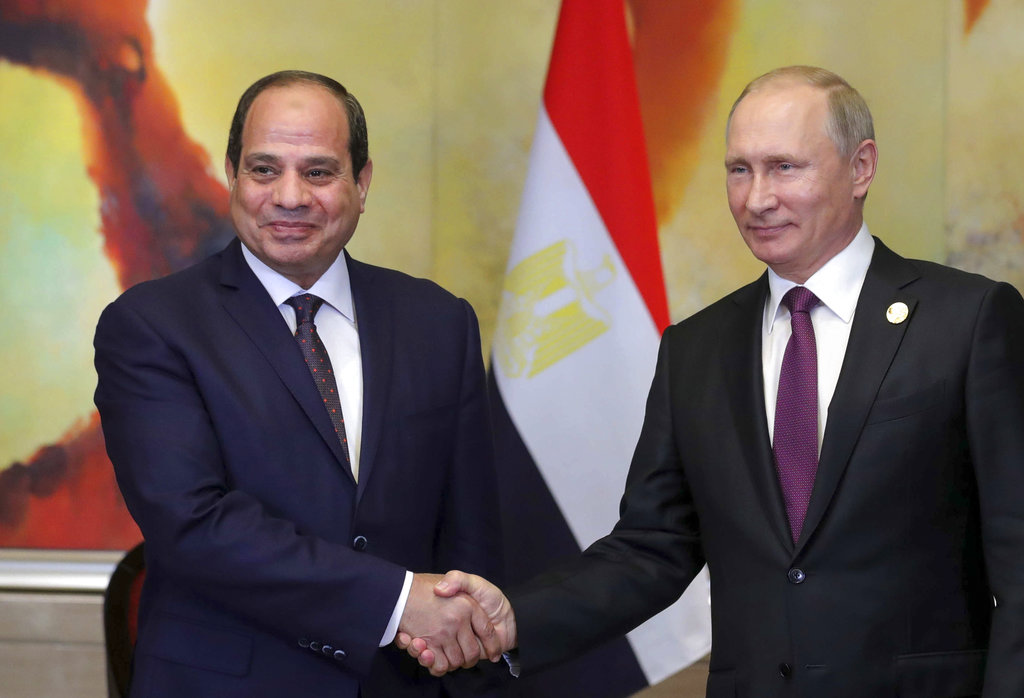Egypt had been preparing to deliver 40,000 missiles and other military materials to Russia in February, a supply contract that was to be kept secret on the recommendation of Egyptian President Abdel Fattah El-Sisi in order to “avoid problems with the West,” according to leaked U.S. intelligence.
A leaked classified document, dated Feb. 17, revealed the Egyptian contingent was supposed to be a token of appreciation for Russia’s undefined earlier assistance to Egypt.
The Egyptian foreign ministry was quick to dismiss the claims, reiterating the country’s official position of neutrality in regard to the conflict. The country remains committed to “maintaining equal distance with both sides, while affirming Egypt’s support to the U.N. charter and international law in the U.N. General Assembly resolutions,” added spokesperson and diplomat, Ahmed Abu Zeid.
U.S. government officials insist they are not aware of any execution of the plan.
The intelligence is similar to that recently leaked in regard to Serbia, another country that has professed its neutrality amid the conflict and that has also, according to U.S. leaks, sent or agreed to send arms to Ukraine.
[pp id=72554]
Cairo is a beneficiary of U.S. financial aid, receiving $1.3 billion annually, although relations between the Egyptian government and the Biden administration are strained due to human rights violations along the Nile.
The crisis in Egypt-U.S. relations shows how much the Arab world has moved away from the Western sphere of influence and how inevitably Africa and the Middle East are orbiting towards Russia and China.
The rift between the EU and the U.S. facilitates this process, as does the lack of active Washington policy in the region, which has led the Arab world into the arms of Moscow and Beijing as an alternative.






